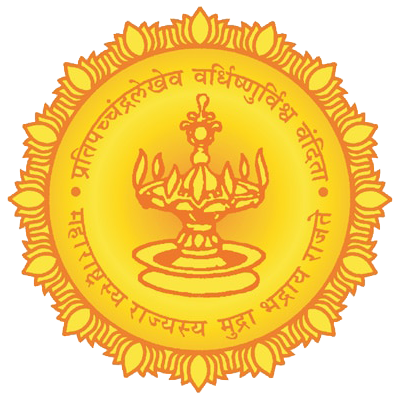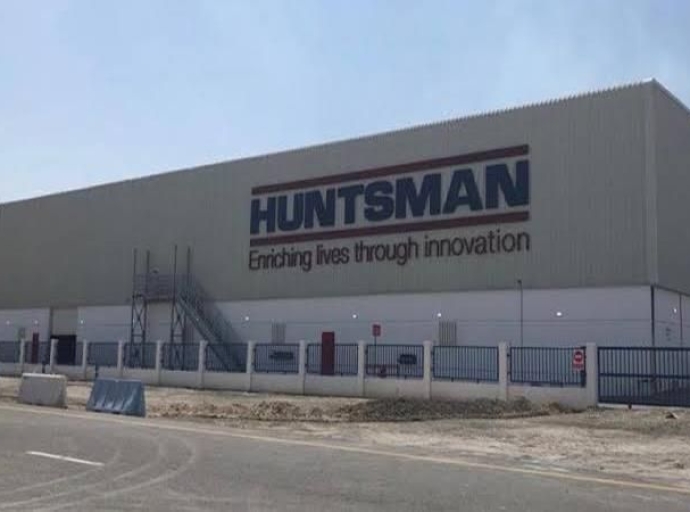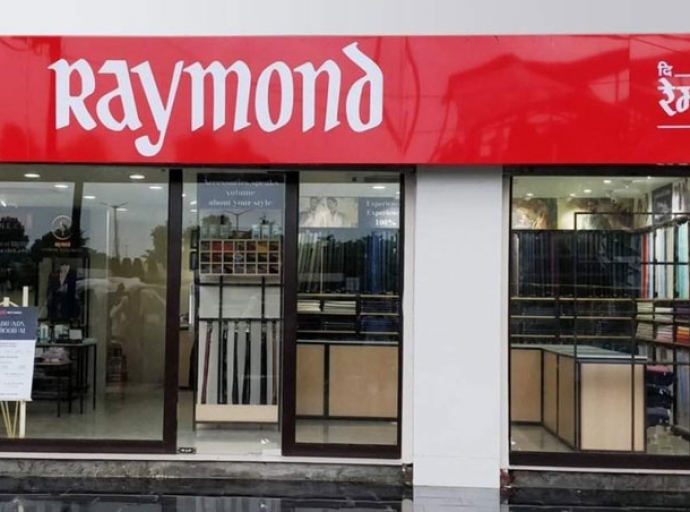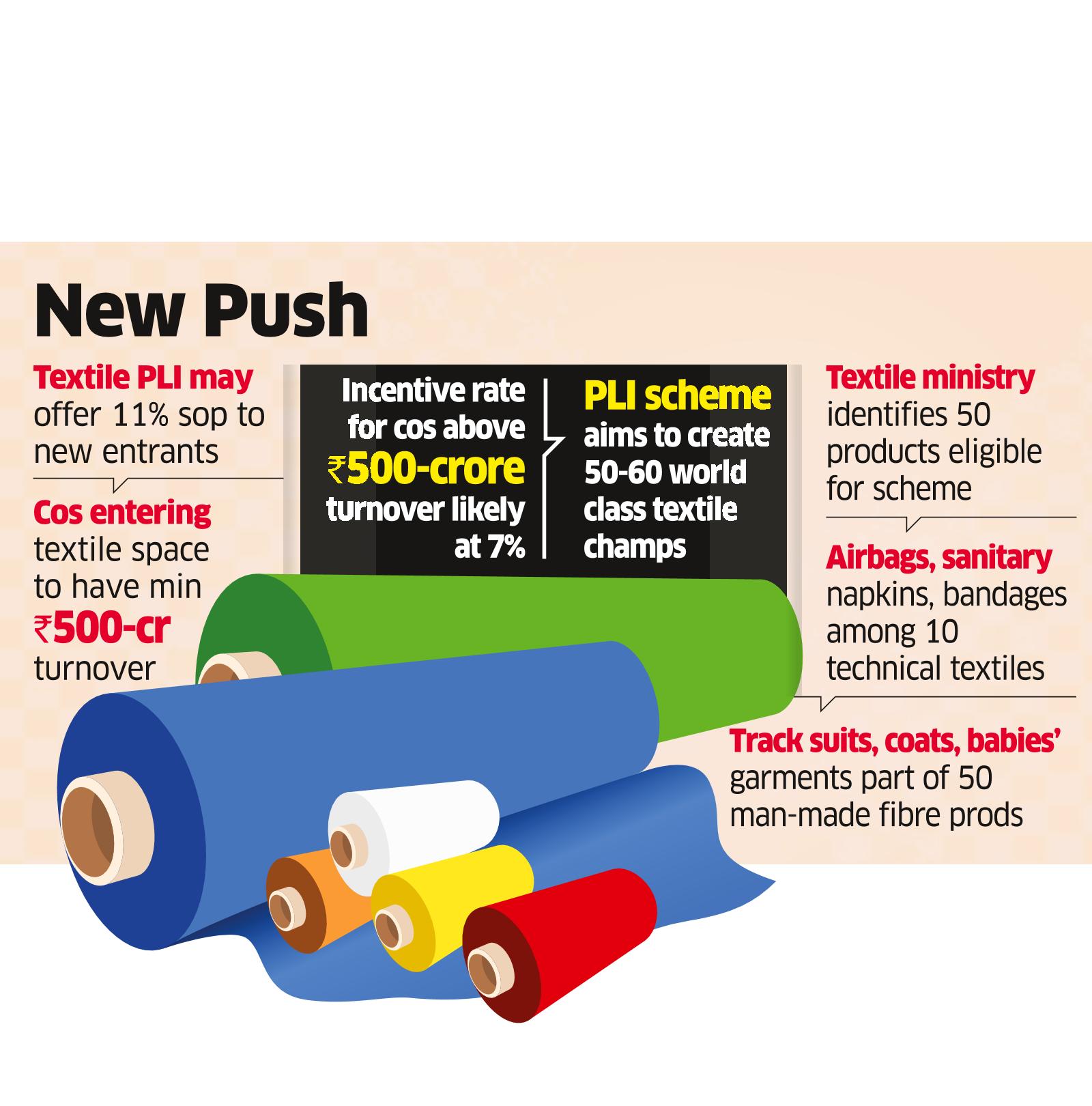08 February 2022, Mumbai:
Aslam Shaikh, Maharashtra's State Textile Minister, announced that the government has chosen to postpone its plan to end electricity subsidies to mid-sized powerlooms.
The powerloom operators have opted not to pay their electricity bills in order to put pressure on the government. In response to the demand, the Minister went to Ichalkaranji, a textile town, and spoke with stakeholders. Notably, the powerloom operators got bills for January without the subsidy amount removed.
The electricity subsidy for powerlooms that did not register their information on the textile department's special web portal has been halted by the state government. This had a deadline of December 31, 2021.
"The decision to end subsidies has been temporarily postponed." We are simplifying the online registration procedure, which will be completed in a month. I request that the powerloom operators pay their electricity bills at the discounted rates.
Also, I guarantee the powerloom operators that a proposal to enhance the subsidy on power utilized by 75 paise per unit would be presented to the state cabinet shortly," Shaikh added.

Meanwhile, the Maharashtra government has formed a five-member commission to investigate the requests of the state's powerloom operators. From January 1, approximately 9,000 mid-sized powerlooms in Kolhapur with a 27 HP electrical connection would be ineligible for the power subsidy. The state government provides a 3% subsidy on powerloom operators' power costs.
The state government spends around Rs. 150 crore on the subsidies.
Follow us on Linkedin & Youtube.
Subscribe to our newsletter.
Powered by:
*Figures mentioned in the above article have been sourced from TOI article.






_thumbnail.jpeg)
_thumbnail.jpeg)



_thumbnail.jpeg)
_thumbnail.jpeg)


1_thumbnail.jpg)


_thumbnail.jpeg)























